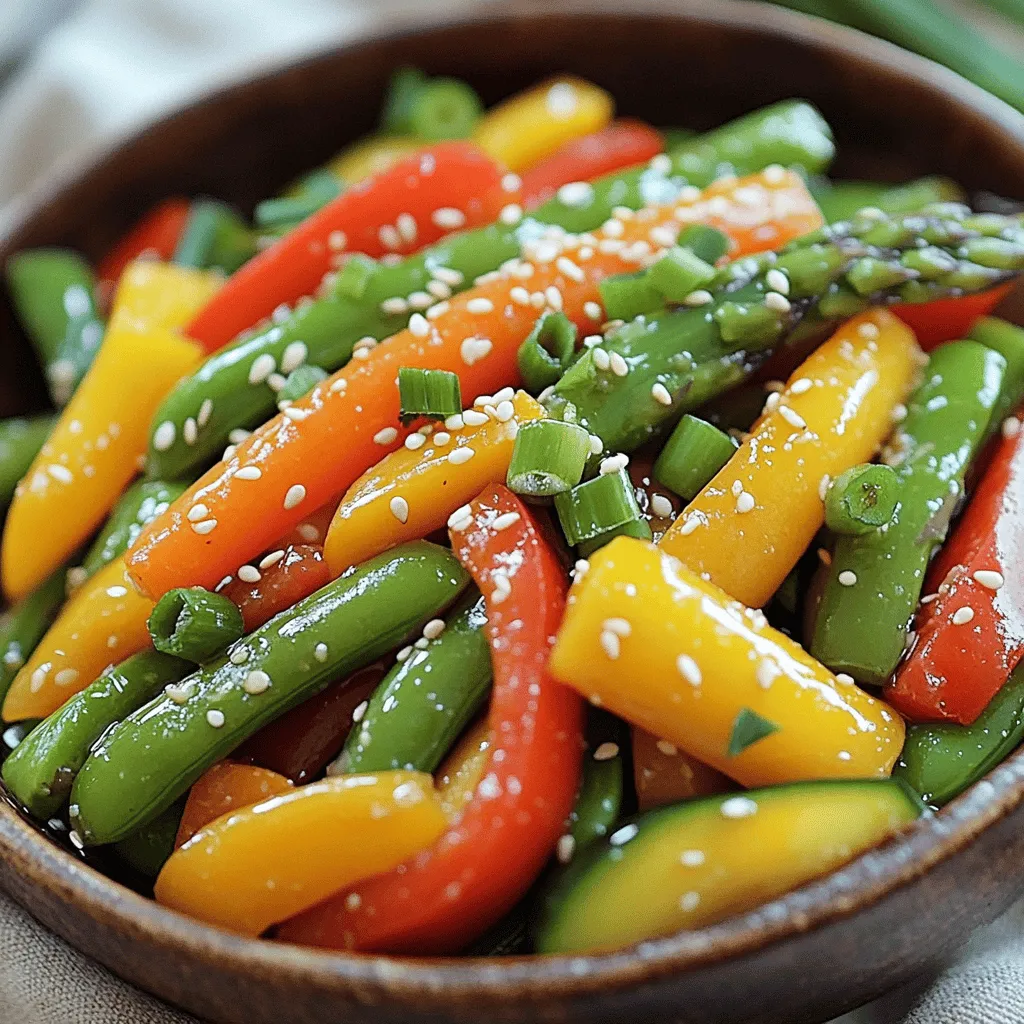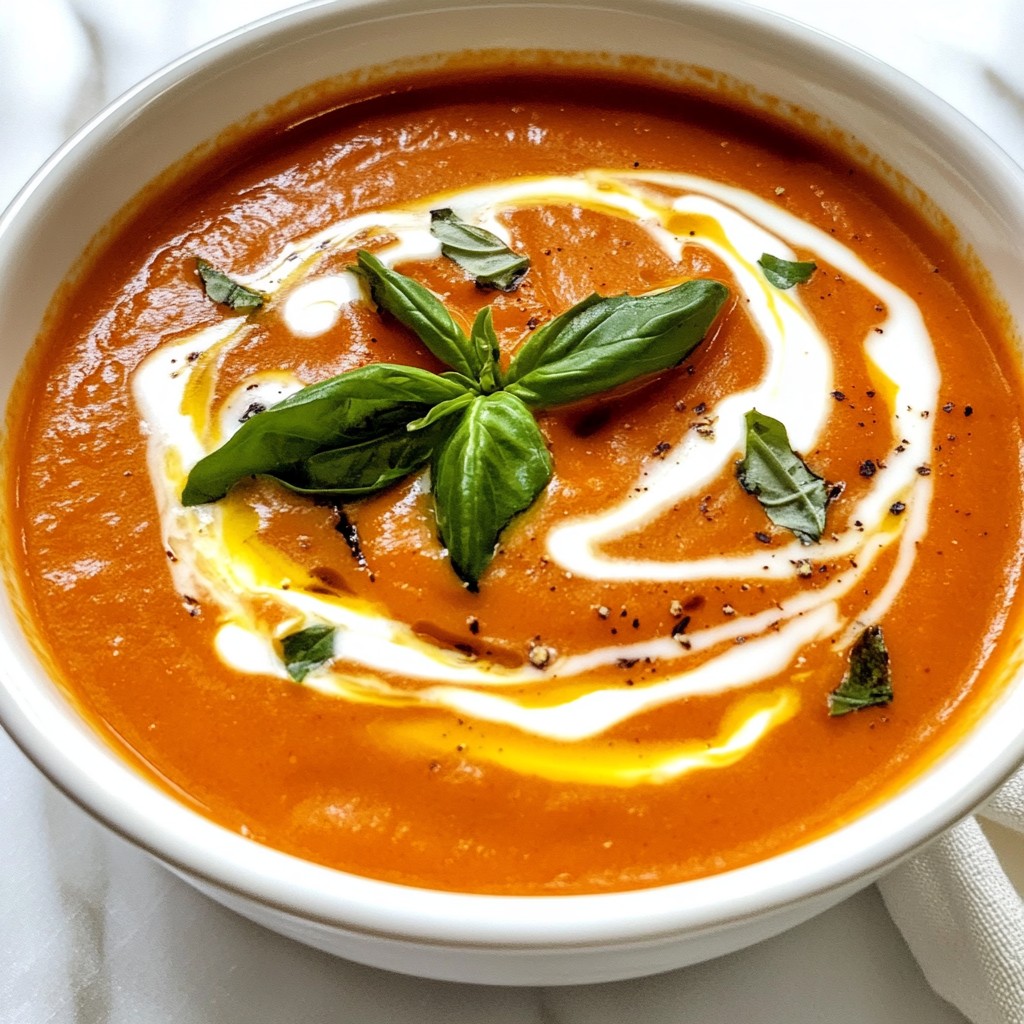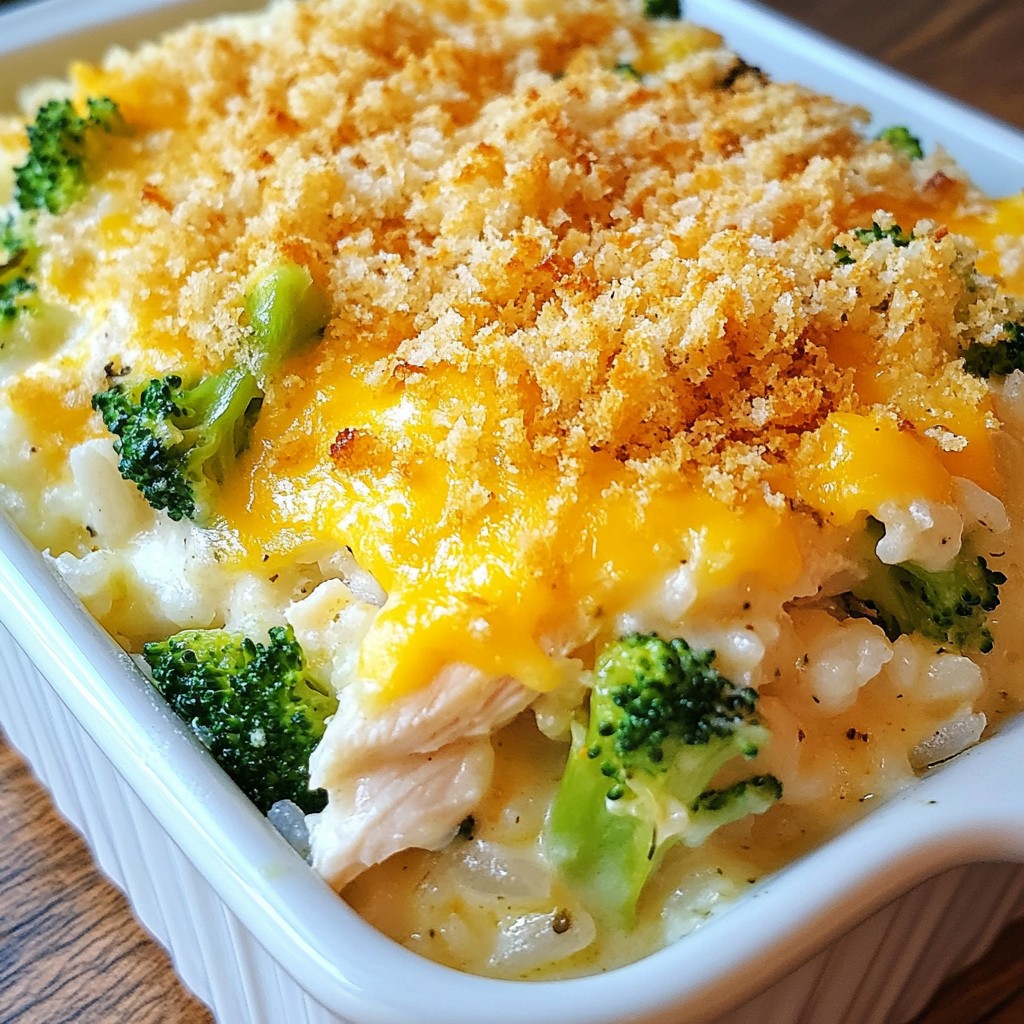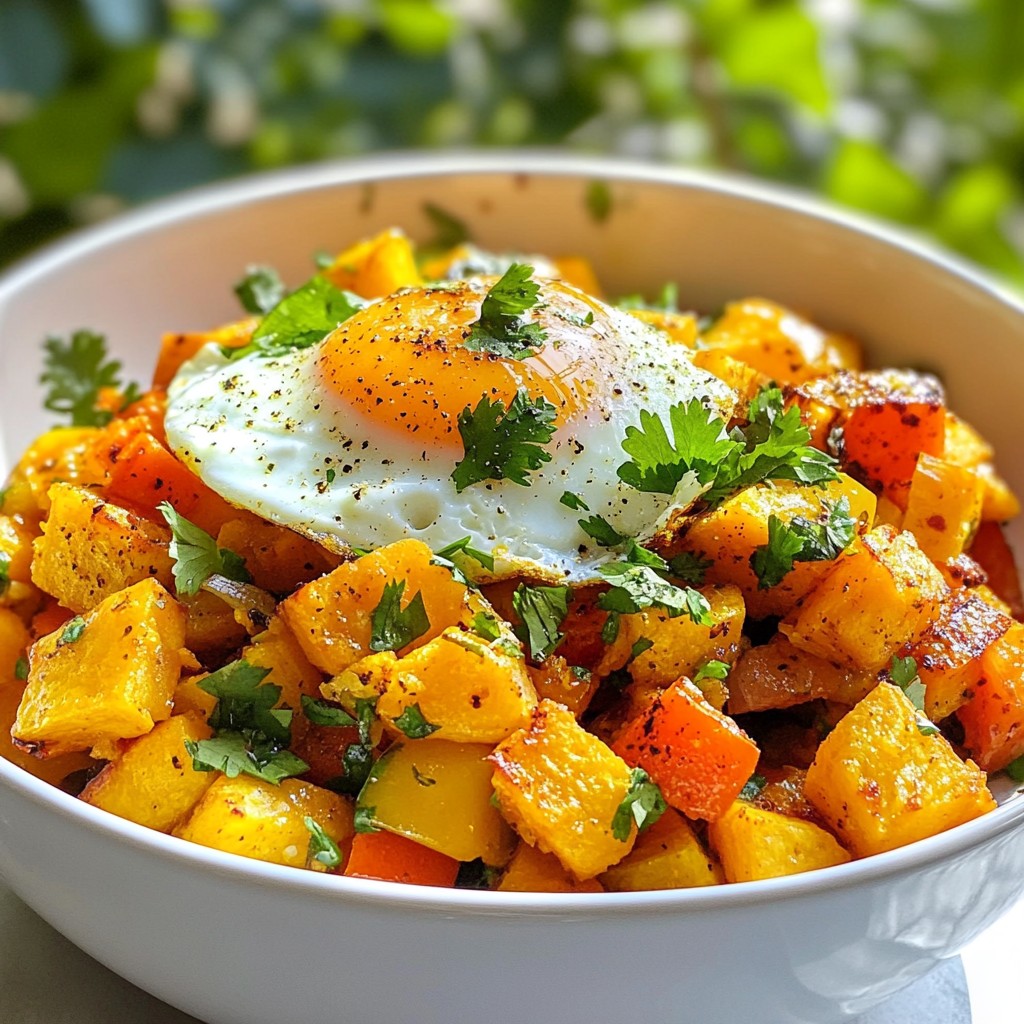Spring is here, and it’s the perfect time to enjoy fresh veggies! My Spring Vegetable Stir-Fry recipe is a vibrant, crunchy delight packed with flavor. Imagine snap peas, bell peppers, and asparagus drizzled in a savory sauce. Whether you want a quick meal or need side dish ideas, this recipe has you covered. Let’s dive in and create a colorful dish that’s as good for you as it is for your taste buds!
Ingredients
List of Fresh Vegetables
– 1 cup snap peas, trimmed
– 1 cup bell peppers (red and yellow), sliced into thin strips
– 1 cup asparagus, cut into 1-inch segments
– 1 cup baby carrots, sliced into rounds
– 1 medium zucchini, sliced into half-moons
In spring, fresh vegetables shine. I love using snap peas for their sweet crunch. Bell peppers add vibrant colors and a mild taste. Asparagus brings a unique texture and flavor. Baby carrots are sweet and easy to work with. Zucchini adds a soft, tender bite that balances the dish.
Aromatics and Flavors
– 3 cloves garlic, minced
– 1 tablespoon fresh ginger, grated
– 2 tablespoons soy sauce (or tamari for a gluten-free option)
– 1 tablespoon sesame oil
– 1 tablespoon olive oil
Aromatics are key to flavor. Garlic gives a nice kick, while ginger adds warmth. Soy sauce brings umami, making everything sing. Sesame oil adds a nutty finish. Olive oil serves as a great base for cooking. Together, they create a flavorful foundation for the stir-fry.
Optional Seasonings
– 1 teaspoon red chili flakes (optional, for heat)
– Salt and freshly ground black pepper to taste
– 2 green onions, thinly sliced for garnish
– A sprinkle of sesame seeds for garnish
For those who like heat, red chili flakes are perfect. Salt and pepper help elevate the flavors. Green onions add a fresh crunch when sprinkled on top. Sesame seeds bring a nutty touch and a nice visual appeal. These optional seasonings let you personalize your dish.
This recipe is all about fresh ingredients and bold flavors.Enjoy the vibrant tastes of spring with each bite!
Step-by-Step Instructions
Preparation of Vegetables
Start by cleaning your vegetables. Rinse the snap peas, bell peppers, asparagus, baby carrots, and zucchini under cold water. This step removes dirt and helps keep flavors fresh.
Next, slice the vegetables. Cut the bell peppers into thin strips. The asparagus should be in 1-inch segments. Slice the baby carrots into rounds. For the zucchini, cut it into half-moons.
Make sure each piece is about the same size. This helps them cook evenly. Keeping bite-sized pieces also helps them stir-fry faster.
Cooking Process
Now, it’s time to heat your pan. Use a large wok or skillet. Set it over medium-high heat. Pour in the olive oil. Let it heat until it shimmers but does not smoke.
Add the minced garlic and grated ginger to the hot pan. Sauté for about 30 seconds. This step releases their wonderful aromas. Stir continuously to keep them from burning.
Next, add the harder vegetables. Toss in the sliced baby carrots and asparagus first. Stir-fry them for about 3-4 minutes. They need a bit more time to soften.
After that, mix in the snap peas and bell peppers. Sauté for another 2-3 minutes, stirring often. This ensures everything cooks evenly.
Flavor Enhancement
Timing is key when enhancing flavors. Add the zucchini, soy sauce, and sesame oil last. This keeps the flavors fresh and bright. Stir-fry for another 2 minutes, just until everything is tender but still crisp.
To finish, sprinkle in red chili flakes if you like heat. Season with salt and freshly ground black pepper to your taste. Mix well to spread the flavors evenly.
Your spring vegetable stir-fry is now ready to serve! Enjoy the colorful and tasty dish.
Tips & Tricks
Cooking Techniques
Stir-frying needs high heat. This helps cook the vegetables fast. High heat keeps them crisp and bright. Use a large wok or skillet for the best results.
Stir your vegetables often. This helps them cook evenly. Keep everything moving in the pan. It also prevents burning.
Enhancing Flavors
Add fun seasonings to change the taste. Try sesame seeds or a splash of lime juice. You can also use a bit of honey for sweetness. Fresh herbs like basil or cilantro boost flavor too. Toss them in at the end for a fresh taste.
Presentation Ideas
Serve your stir-fry in a big bowl. This shows off the colors of your veggies. Add a side of fluffy rice or quinoa for a filling meal. For a fancy touch, drizzle extra sesame oil on top before serving. This makes the dish look and taste even better. Enjoy your lovely, vibrant stir-fry!
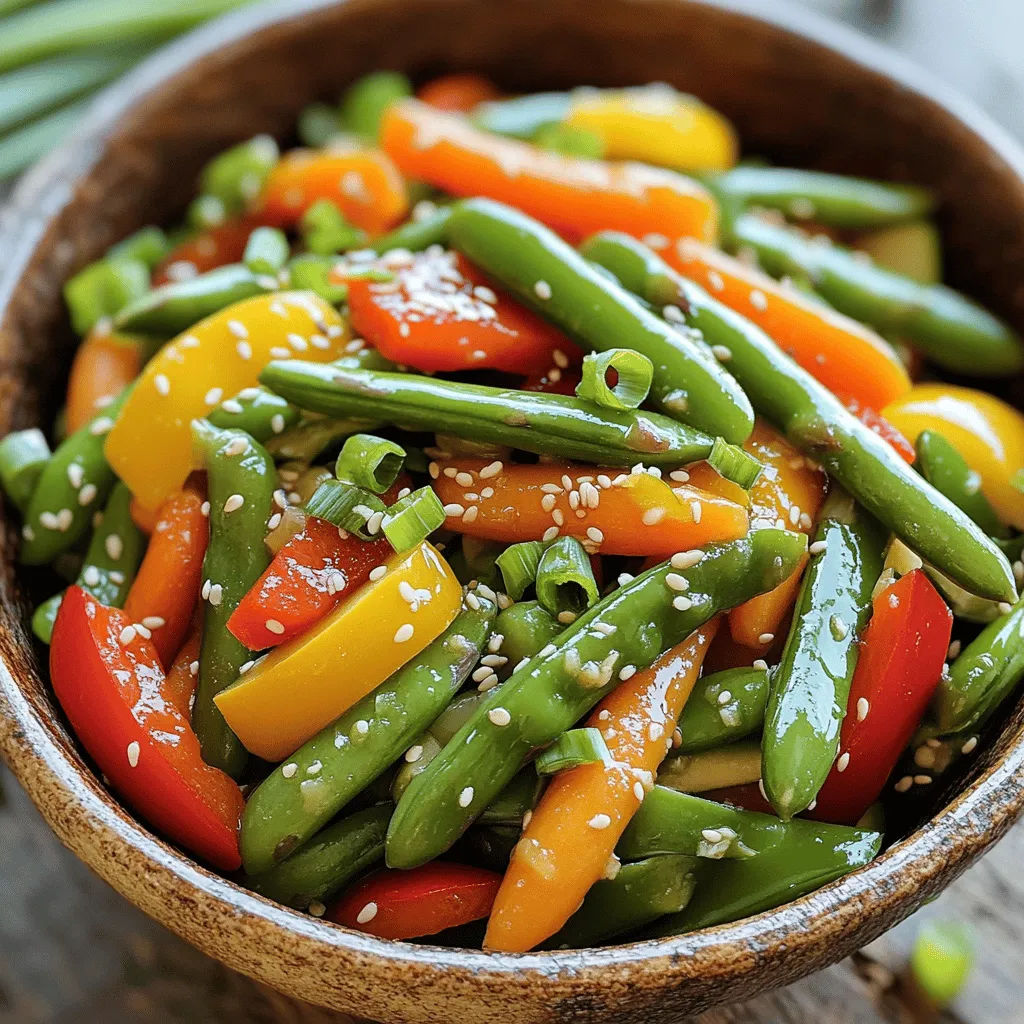
Variations
Additions and Substitutions
You can easily change this stir-fry by adding protein. Tofu, chicken, or shrimp work well. If you want a plant-based meal, tofu is a great choice. For a meaty option, thinly sliced chicken breast cooks fast. Shrimp adds a nice touch of sweetness.
Feel free to swap vegetables. Use what is fresh and in season. Try adding broccoli, snap peas, or even mushrooms for variety. Seasonal veggies make this dish more exciting.
Dietary Modifications
If you need gluten-free options, use tamari instead of soy sauce. This small change keeps the stir-fry tasty and safe. For a vegan dish, stick with tofu and leave out any meat.
Low-carb fans can skip the soy sauce. Instead, try coconut aminos for a sweet, savory flavor. You can also add more vegetables to make the dish filling without carbs.
Spiciness Adjustments
If you like heat, add more red chili flakes. You can also use fresh chopped chilies for a kick. For milder flavors, leave out the chili flakes or use sweet peppers instead.
Experiment with sauces for different tastes. Try teriyaki or hoisin sauce for a sweet twist. You can even add a splash of vinegar for brightness. Each change adds a new layer of flavor to your stir-fry, making it unique every time.
Storage Info
Refrigeration Guidelines
To store your leftover spring vegetable stir-fry, let it cool first. Place it in a clean container. I recommend using airtight glass or plastic containers. These keep the stir-fry fresh longer. Store it in the fridge for up to four days. Be sure to label the container with the date.
Reheating Tips
When reheating stir-fry, use a skillet or wok for best results. Heat it on medium heat for even warming. Add a splash of water or broth to keep it moist. Stir constantly to maintain texture. This method helps the flavors stay strong. Avoid using the microwave, as it can make the veggies soggy.
Freezing Options
You can freeze stir-fry, but some vegetables may lose texture. If you freeze it, use an airtight container or freezer bag. Remove as much air as possible. Label it with the date. For best quality, eat it within three months. To defrost, place it in the fridge overnight. Reheat it in a skillet to restore its crunch.
FAQs
Common Questions
How long does spring vegetable stir-fry last in the fridge?
Spring vegetable stir-fry stays fresh for about 3 to 4 days in the fridge. To keep it tasty, store it in an airtight container. This helps retain flavor and texture.
Can I make this stir-fry ahead of time?
Yes, you can make this stir-fry ahead of time. Just cook it, cool it, and store it in the fridge. When you’re ready to eat, just reheat it in a pan.
What can I serve with spring vegetable stir-fry?
You can serve this stir-fry with rice or quinoa. For extra flavor, add a drizzle of sesame oil. Noodles also pair well with the fresh vegetables.
Cooking Techniques
How do I know when the vegetables are done?
The vegetables should look bright and feel tender-crisp. If they are too soft, you overcooked them. Aim for a slight crunch for the best texture.
Why is my stir-fry not very tasty?
If your stir-fry lacks flavor, check your seasonings. Make sure to use enough soy sauce or salt. Fresh garlic and ginger also boost flavor. Adjust these to your taste.
Ingredient Queries
Can I use frozen vegetables instead of fresh?
Yes, you can use frozen vegetables. They are convenient and can be just as tasty. Just make sure to thaw them and drain excess water before cooking.
What are the best vegetables for stir-frying?
Great vegetables for stir-frying include snap peas, bell peppers, and broccoli. Carrots and asparagus also work well. Use a mix for flavor and color.
In this blog post, we covered how to make a vibrant spring vegetable stir-fry. We explored fresh vegetables, flavor-packed aromatics, and optional seasonings. I shared step-by-step cooking tips to help you get it just right.
Stir-frying is a fun way to enjoy healthy meals. With simple techniques and a dash of your creativity, you can make a delicious dish. Don’t forget to store leftovers properly to enjoy later! Now, grab your ingredients and start cooking!
